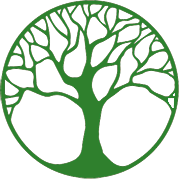Can Heterodox Economics Make a Difference?: Conversations With Key Thinkers, by Phil Armstrong, Published by Edward Elgar (advertised publication date 27 Nov. 2020, hardcover) https://www.e-elgar.com/shop/gbp/can-heterodox-economics-make-a-difference-97
The book follows from my PhD primary research programme and my reflection that, on the face of it, the ability of mainstream economics to survive the global financial crisis with its hegemony seemingly intact is quite surprising. The profession claims to be essentially positivist in approach. They have described their own practice as consisting of developing theory on the basis of a priori assumptions about human behaviour.
